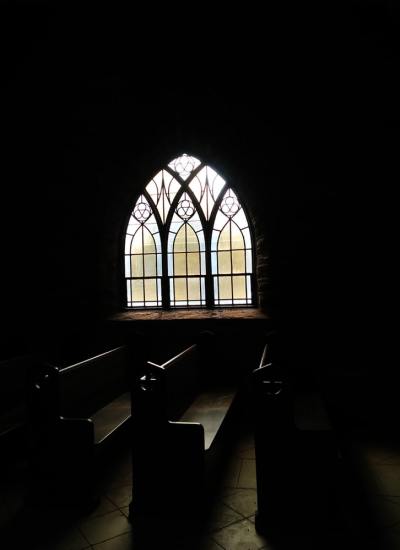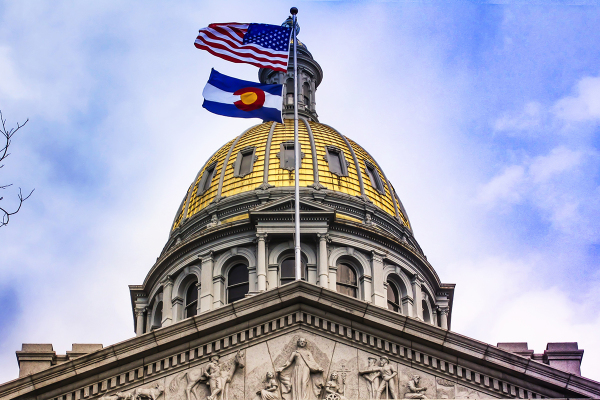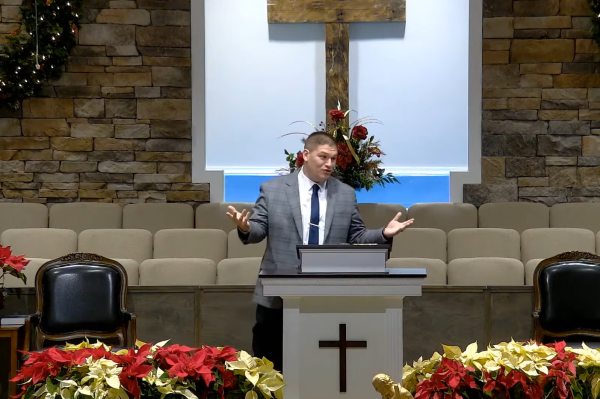What is a progressive Christian? What is a conservative?

The other day, I was asked the following question on Twitter:
“as someone who identifies as a [Christian] progressive, how would you define ‘progressive Christianity’ if [I may] ask?”
I thought this question to be worth answering in an article. So here goes.
Let’s begin with a caveat: the reader should set aside any evaluative assumptions. This is especially important with the term “progressive” because the term implies a positive evaluative judgment: i.e. progress. But as I use these terms, they are wholly neutral descriptors. This will become clearer as we proceed.
So let’s get a definition in place: progressive and conservative are terms which apply to individuals who identify with the same community but who have different orientations toward the received tradition of that community. Put simply, the progressive is more likely to revise aspects of the received tradition in light of new data while the conservative is less likely to revise aspects of the received tradition in light of new data.
As you probably know, the terms progressive/conservative are regularly invoked to assert rigid in-group out-group boundaries. However, when properly understood they do not function well as boundary markers given that, as I will now explain, they are relative terms in at least four ways.
To begin with, given that one’s willingness to revised tradition can exist in gradations, it follows that progressive and conservative are orientations on a continuum. Consequently, one may be conservative relative to one person on the continuum but progressive relative to another person. For example, Dave may be a progressive relative to Tony but conservative relative to Ellen.
Second, given that traditions constitute many beliefs and practices, one may be progressive with respect to some aspects of the tradition but conservative relative to other aspects. So imagine that Dave and Ellen are members of the same church, a church that endorses both young-earth creationism and a prohibition of same-sex romantic relationships. However, Dave rejects young-earth creationism while retaining the prohibition on same-sex relationships while Ellen retains young-earth creationism while rejecting the prohibition on same-sex relationships. In this case, it would seem that we cannot place Dave and Ellen on one simple continuum relative to one another. Instead, we must place them on at least two continua. There is no simple and unqualified answer about which one is progressive and which one is conservative.
This brings us to the third relativization. If you’re reading carefully, you may have already picked up on it: progressive/conservative exists only relative to a particular received tradition. Dave and Ellen’s Independent Bible church provides them with one set of received traditions over-against they are defined. But matters are very different for Darryl and Evelyn who attend a liberal Episcopalian Church. Within that tradition, being conservative would involve a strict adherence to the rejection of young-earth creationism and the acceptance of same-sex relationships.
Fourth, we need to recognize that we are not simply talking about traditions simpliciter but rather about nested traditions. For example, Darryl and Evelyn’s liberal Episcopalian church congregation exists within a wider Episcopalian church denominational tradition which may diverge from the particular congregational culture of Darryl and Eveyln’s church. Furthermore, the Episcopalian tradition exists relative to a broader Anglican tradition which exists relative to a broader Christian tradition. So rather than one tradition, we, in fact, have several nested traditions that all exist relative to one another, and categories such as progressive and conservative can obtain at all these levels.
In closing, I’d like to note one more important distinction, and that is between open and closed communities. An open community is one that welcomes dissent, disagreement, questioning, and exploration of the tradition while a closed community is one that discourages or even censures dissent, disagreement, questioning, and exploration of the tradition. And while it is often assumed that “conservative” communities tend to be closed and “progressive” communities tend to be open, that is not obviously the case. Indeed, in my experience many of the communities that one might think are progressive relative to some particular tradition are, in fact, very closed.
For these reasons, I find it very unhelpful to invoke terms like “conservative” and “progressive” as boundary markers between in-groups and out-groups.
For further reading see my book You’re not as Crazy as I Think, chapter 7 “Not all Liberal Christians are Heretics.”





















